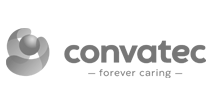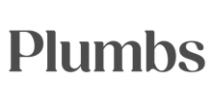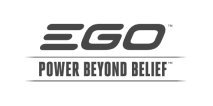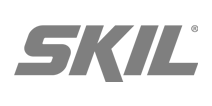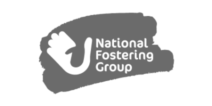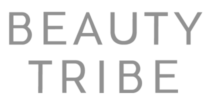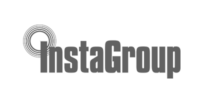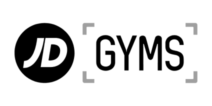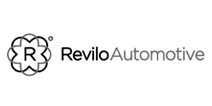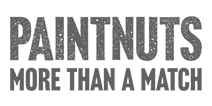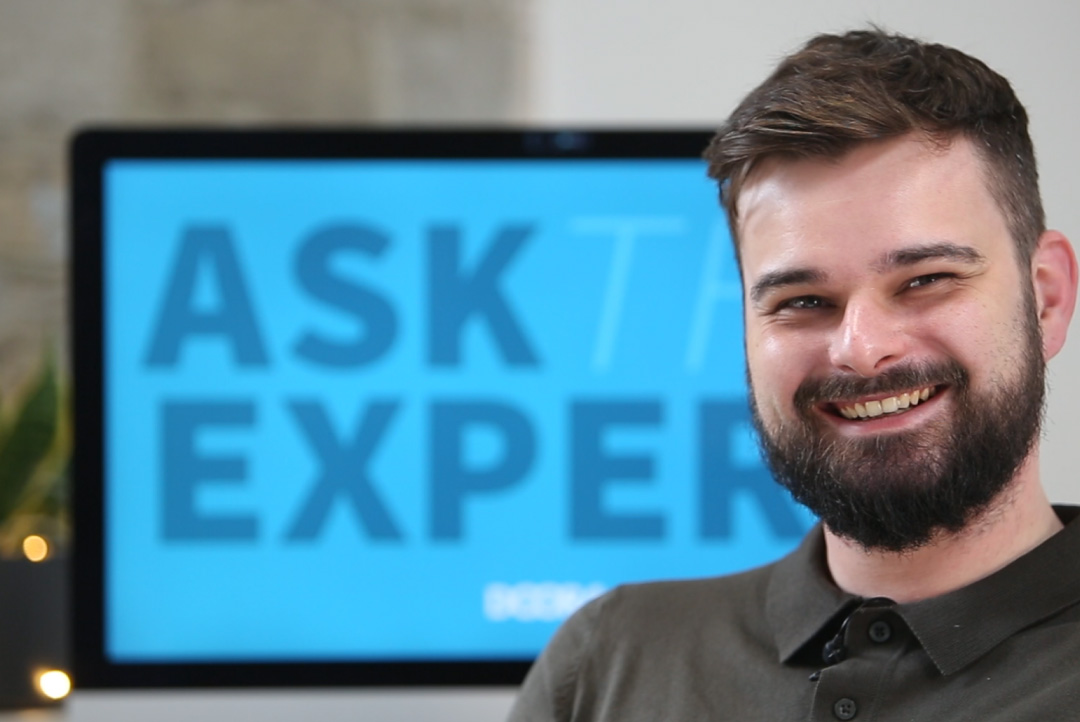
Let’s Talk… The Benefits of Strategic Planning With Sali Midjek-Conway
“A strategic marketer is like an architect, we design marketing plans in line with your business goals so that your business sounds and looks the best to attract the right clients you want, identify which marketing activities are required and schedule them so they are timely and efficient”

Today we’re chatting with Sali Midjek-Conway, a distinguished marketing professional whose career spans over two decades.
As the Director and Founder of SMC Marketing & Communications, Sali brings a wealth of experience and a track record of impressive achievements. She is a Chartered Marketer who successfully launched the first higher education institution at the iconic Wembley Stadium and, perhaps more importantly, is a long-time friend of Door4!
Leon: Sali, thank you so much for joining us today! For those people who don’t yet know your work – can you please give us a rundown of your journey so far?
Sali: I started in advertising and sales before moving into marketing and comms roles which involved managing marketing strategy/projects/campaigns end to end for the business I worked for i.e. from lead generation and enquiry management through to conversion and encouraging retention. I’m more of a generalist marketer than a specialist in a particular field etc.
As a strategist, I use my big-picture thinking, expertise and commercial acumen to translate strategic business goals into results-driven marketing plans so businesses attract the clients they want and increase their revenue. My experience means I can create marketing plans on behalf of agencies and businesses, train them or do it with them through mentoring.
Leon: We’ve previously spoken in depth about the value of a solid marketing strategy, and you mentioned that businesses often struggle with putting their strategy before tactics – in your experience how does this impact their digital marketing efforts?
Sali: Let’s face it, tactics are the fun part of marketing! It’s the features that make the industry exciting and varied. So I completely get how social media, events or PR for example are where most people start to generate their ideas. However, if you are not clear on exactly why you’re doing the marketing in the first place, and who exactly you are targeting, you will have no way in which to measure if you have been successful. meanwhile wasting a lot of precious money in the meantime.
Don’t get me wrong, businesses can still achieve success but often I have seen businesses become hugely successful in the beginning but admittedly they’re not sure which aspects worked best or how to replicate it to achieve further success. This makes taking their business to the next level more challenging as they don’t have anything to refer to – especially in terms of data and KPIs
For businesses that may be hesitant to invest time in strategic planning, what advice do you have for convincing them of the long-term benefits?
If you’re in business, you need marketing to do business. However, just like running a business where you need a plan of what you want to achieve and how you’re going to get there. The same applies to marketing but the trick is aligning your marketing with your business goals. This is where strategic planning comes in. For example, if you were building your dream home or extension, you wouldn’t dream of bringing together an electrician, joiner, bricklayer, roofer, plasterer and scaffolder and simply say to them “Go build me a house”. You would go to an architect first so they could design your dream build in line with your vision.
A strategic marketer is like an architect, we design marketing plans in line with your business goals so that your business sounds and looks the best to attract the right clients you want, identify which marketing activities are required and schedule them so they are timely and efficient to ultimately convert interactions into clients, and importantly (and probably unique to most house builds!) keeps in line with budget and timescales!
We both talk a lot about knowing your target market and making sure a business knows exactly who its buyer is (We have Decoding Digital events based on this very topic!). You mentioned that you often work with businesses that don’t have their target audience tied down. How do you help them realise the importance of this, and how does this inform their messaging strategies?
Target audience is a well-used phrase and is broadly understood by most. However, when it comes to marketing, it is absolutely critical to be super clear on exactly who your audience is and this involves a deeper understanding than generalising such as ‘SMEs’ or ‘Schools’.
I help my clients by asking high-quality questions about their target audience that are designed to uncover exactly which or who it is they want to attract more of. This is an interesting stage of activity as often clients will refer to clients they already have, which in some cases, are not their ideal ones! So why focus on customers who are causing you more strife than pleasure?! This process challenges clients to be more open-minded and initially adopt a more ‘blue-sky’ approach, allowing them to focus on what and who is important to their business.
Once the target audience is crystal clear, everything else falls into place. You then know what your value proposition is as a business which provides consistency in messaging across internal and external marketing and communications. You also know where your target audience are and what channels they like to use, as well as importantly, what their needs or challenges are so that you can communicate effectively to promote the features and benefits of what you’re offering as the solution – in a timely and optimum way to maximise your ROI.
Social media platforms (the place where many people now spend more time) are constantly emerging… evolving and introducing new features. How do you stay abreast of these changes, and what advice would you give to marketers looking to leverage these platforms effectively for their campaigns?
I would say my professional membership bodies with the CIM and CIPR are my initial go-to places, particularly with the emergence of AI and getting a better handle on developments with fake news which can be so prolific on social media. The CIM and CIPR always provide me with invaluable insights and information to keep me up to date.
In terms of leveraging social media for campaigns, I would always check if my target audience used social media. Sounds obvious but even though digital/social media is the go-to channel for many campaigns, for some audiences, it is not suitable and so a lot of time, effort and money can be wasted. There is also the need to have a good understanding of each social media channel. Taking one message and scattering it across all channels in the same way can also be a waste of time.
Some channels are better used for specific themes/purposes – depending on the objective and the audience. For example, Marriott Hotels only uses TikTok to promote its careers with them. They do humorous, creative videos that promote working for them e.g. insight into a day in the life of, spotlights on the variety of roles for their chain etc – designed to raise awareness and build their prospective employee pipeline i.e. young people. Great idea!
In your view, what are the most critical research methodologies that every marketer should be familiar with today? How have these methodologies evolved with the advent of digital technologies?
I am still a fan of the good ol’ SWOT and PESTLE as it is quick and easy to remember which is always helpful in a busy marketing environment! But from a user perspective more accurate analysis is far more achievable than it used to be thanks to technology. Interrogation of data is easier and data gathering is broader. Long gone are the days when you’d have to rely on leveraging your network by emailing everyone to help! The breadth of digital analysis tools (not to mention AI-based ones now too) is vast. Thinking of platforms like Tableau and SurveyMonkey, which are commonplace now given their functionality and easy-to-use formats. There are more than we can mention. The benefit and hindrance of digital is it is so fluid!
Can you discuss a time when your research uncovered surprising insights about a target audience or market trend? How did this information influence your marketing strategy?
One that springs to mind is when I worked at a university that targeted the healthcare medical field offering professional development courses. When we researched the target audiences we found some such as hospital consultants, and computer programmers/data analysts in the health industry weren’t online or on social media. This meant we had to be innovative with where we could reach them whilst not busting the budget!
We had to change tack and learned that the technical audience was online, but more discreetly in forums and networks, etc. So we explored sponsorship as one route to market. Whilst the consultants were more reachable in person at seminars and conferences. This meant our campaigns were a real example of integrated marketing communications – and why my pre-social media marketing experience comes in handy for moments like these!
Finally, As a researcher in the marketing field, how do you balance data-driven decision-making with creative aspects of marketing? Is there a particular instance where this balance proved crucial to the success of a project?
We all know that data is king. But we also know that data doesn’t take into account the context it is in. Marketing isn’t one-dimensional. Which is why for me, human insight and experience is also invaluable when making decisions about what to do or where to go next. So the balance is using data as evidence to prove or disprove a hypothesis but coupling this with qualitative insights as well to get a more rounded picture of a target audience or performance of a campaign etc. The key is also being able to translate the data into meaningful insights which is sometimes easier said than done!
One project that comes to mind that wasn’t rocket science but shows the benefit of data supporting the success of a creative project, is a rebrand of a membership organisation I was involved in. The market research with stakeholders showed that certain aspects of the current brand still resonated with them and so whilst there was an appetite to be bold with the rebrand, the final decision was informed by retaining certain words in the naming of the organisation.
Thank you so much for your time, Sali!
You can find out more about the work Sali does over on her website here.
We have a lot to talk about.
ScrapbookDoor4 opinions and insight - our articles features and ramblings.
We explore performance marketing, AI, communications and optimisation.


